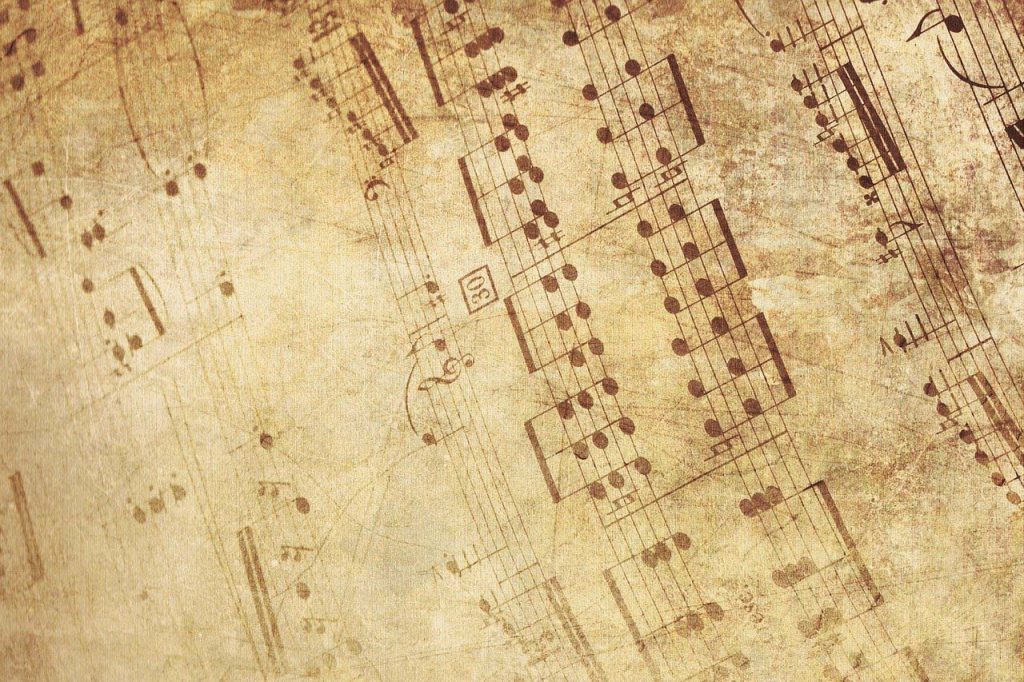If you’re reading this you’ll surely stop and ask yourself: does music also implies science? Does music also cover the field of research? The answer is yes. Perhaps among the readers also arise questions such as: What is it all about? Then what is a musicologist and what does a musicologist do? Is musicology a field separated from music? Next, we will explain what this whole matter is about.
Musicology is a relatively new discipline, the term exists since 1885 (133 years ago) when Guido Adler an Austrian composer and musician publishes a treatise entitled “Purposes, methods, and objectives of musicology” in which he establishes a vision of music as a scientific discipline, which like philosophy and history, pursues the interest of organizing knowledge (musical knowledge, in this case, everything we know about music, its history and areas of study is thanks to arduous research conducted by musicologists or musicians who have later specialized in the area of musicology).
Musicology is (as mentioned above) a scientific discipline supported by several branches of science, such as history, sociology, anthropology, ethnography, psychology, and others, whose object of study is all human manifestations involving the use of music. The musical phenomenon from the perspective of the musicologist manifests itself in various ways, not only in what is perceptible by means of mere hearing, but also from historical and social configurations, and even interpretations in the aesthetic aspect that surrounds such practice.
Within the profession of the musicologist, there are various tasks in which they can perform, independent or institutional music research would be the main one since the training of the musicologist is all about researching, also they can perform in the field of music education quite well. In editorial works as translators, critics for the press or specialized magazines, the area of documentation is also within the competence of the musicologist, they can organize, catalog, and digitize audiovisual documents of any sound library. They provide audiovisual advice for the use of music in museums and scientific exhibitions, for radio and television production, and also suggest the use of music in advertising strategies.
Production and development of didactic material, ranging from books, magazines, and audiovisual material for the dissemination of topics related to music, as well as tools for research and musical learning.
And of course, the diverse works every musician could do: orchestrations and musical arrangements, transcription and musical notation, musical advice, songwriting, not to mention also the area of music therapy consisting of specific programs that use musical practice for therapeutic purposes, whether in hospitals, health, and rehabilitation centers or schools.
Musicology has had as main objective to increase the amount of knowledge about music. Like history itself, it pursues the interest that man possesses in knowing himself, thus broadening the horizons of historical study and the understanding of man’s cultural and intellectual development.
Musicology and musical composition
It is clear that the profession of the musicologist is quite complex and opens a wider range of possibilities in the labor field, specializing in this discipline is advantageous for any musician, especially composers because with the tools that musicology provides is easier to contextualize in musical works when analyzing them, to understand how they should be played and make a reliable approximation if we are reproducing old works.
It is helpful to have the resources of historical musicology when you intend to compose works inspired by past periods, you have a greater idea of the nuances that music has had in its different evolutionary stages, and once again the approach will be much more accurate.
Composing being a musicologist also offers the possibilities to better understand of the effect of sounds, since it has a complement of musical psychology and basic notions of music therapy, having this tool at hand helps to make better-elaborated works and more precise as to what is intended to achieve with the results.
Surely being a musical scientist seems now to be more appealing and if you are a musician this option might seem more attractive to you. Training in this area is not only being a better musician but also exercise as a scientist and researcher, there is a lot of material to read, much to listen to and play, and most importantly: a lot to learn and discover.



